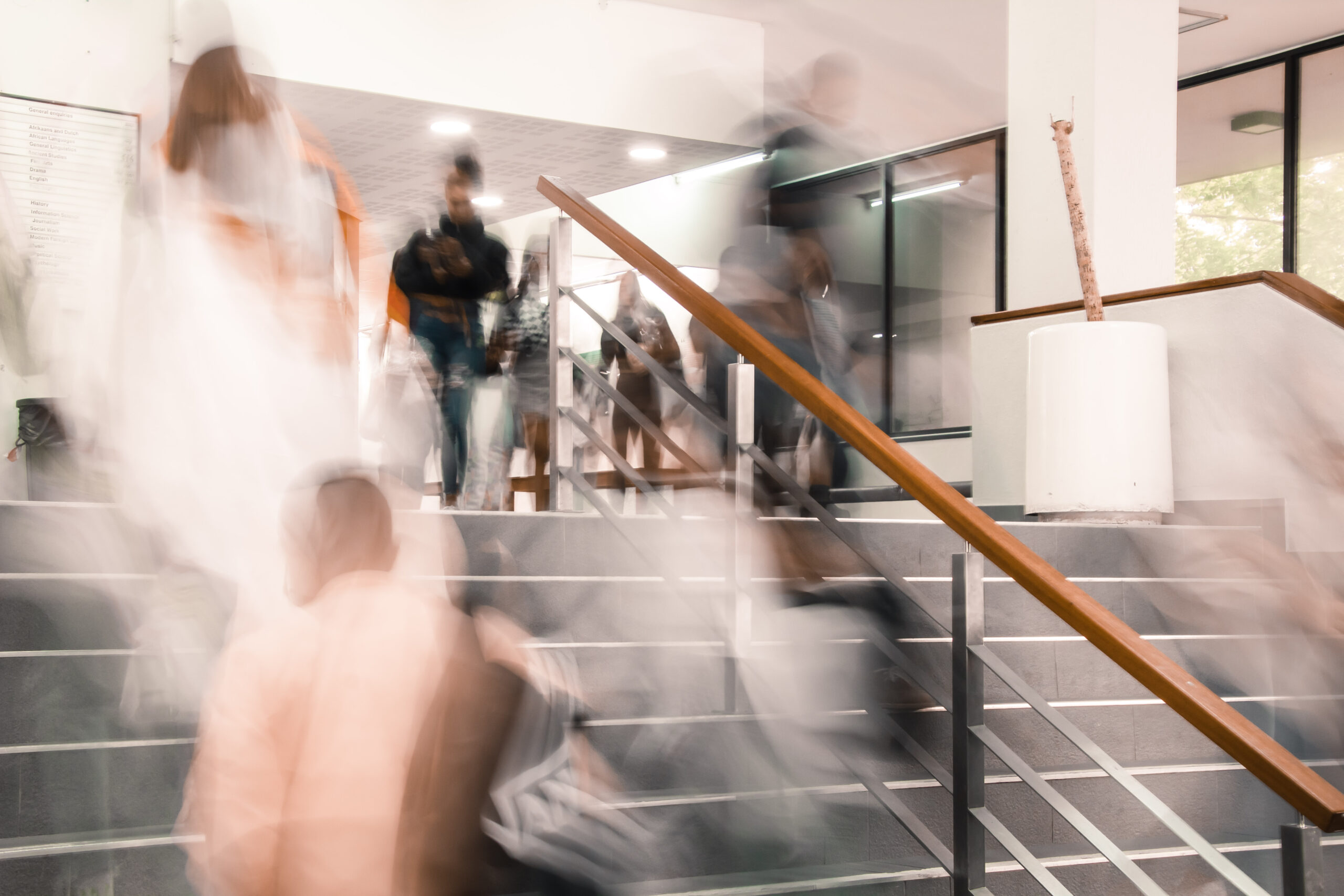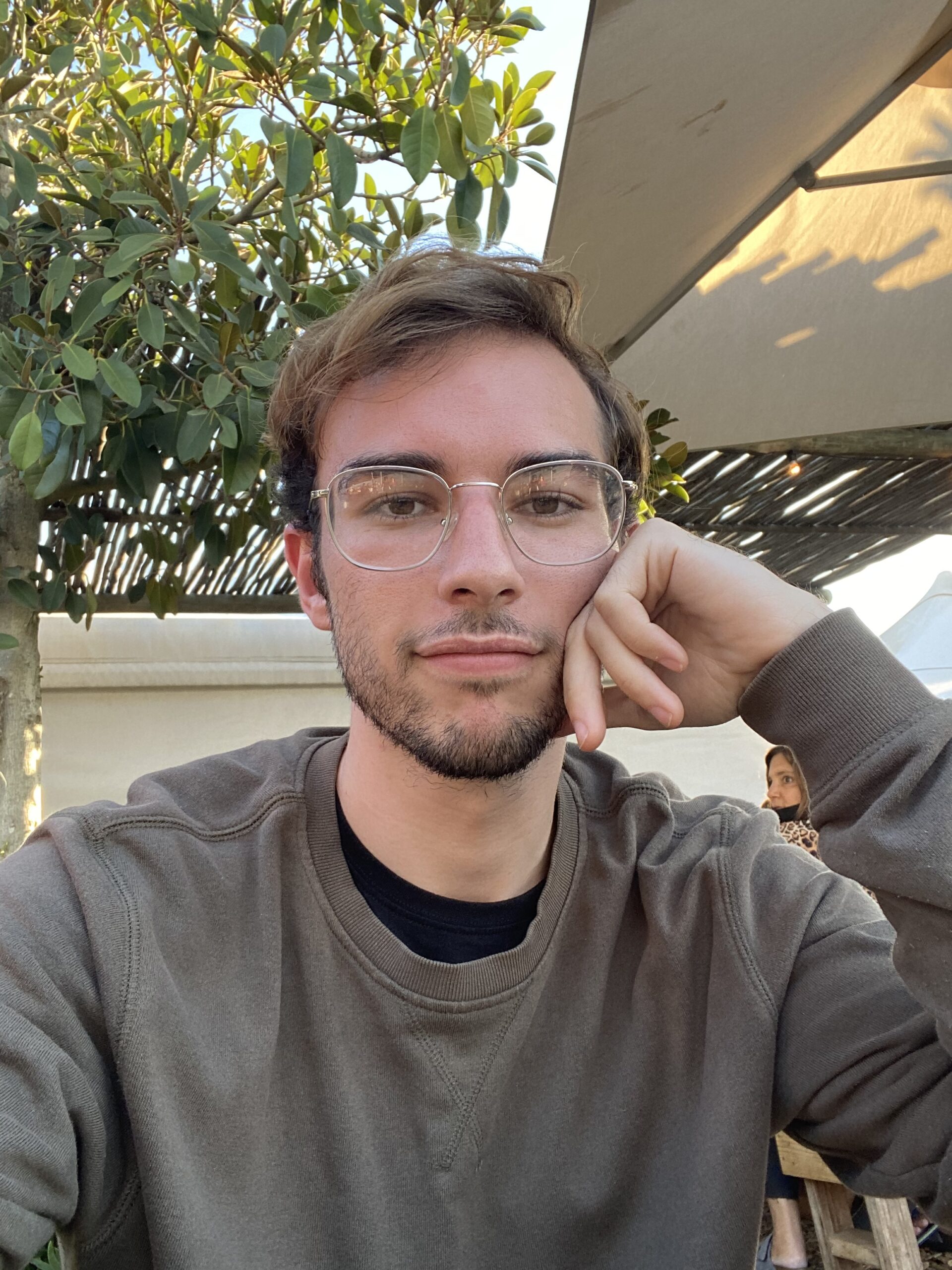By Tivan Leak & William Sezoe
Imagine a world in which everything is singularly centred around efficiency. Anything that hinders efficiency is immediately dispensed. In such a world, there is no room for multilingualism, because multilingualism may be regarded as a hindrance to efficient and productive communication. Such a world is black and white, devoid of colour.
Culture and language form an integral part of an individual’s identity. Multi-culturalism, and more specifically multilingualism, brings colour to our world. It might not be the most efficient and productive method of communication, but it sure is colourful.
It feels as though we fail to acknowledge the importance of multilingualism, and by extent multi-culturalism, at Stellenbosch University (SU) and the ripple effects that the university has on communities throughout the province and the country. Multi-culturalism is an indispensable asset of South Africa. There is something beautiful about people communicating in their mother tongue – laughing, arguing and sharing stories.
Why is it then that we are so eager to dispense with colourful multilingualism at SU in favour of a single-medium black and white approach? We believe it is because of the dominant role that Afrikaans has played in resisting the hegemony of English on campus and the stigma surrounding Afrikaans.
The legacy of Afrikaans is a mixed bag. It is a language that evolved in a multicultural setting with contributions from those who were slaves, those who enslaved, those who colonised and those who were colonised. We can imagine that many people think of the Soweto-uprising where youths protested autocratic laws imposed on them – among which they were forced to study in Afrikaans.
How can anyone then promote multilingualism if Afrikaans is part of that package? It is important that we, by trying to reject colonialism, do not fall victim to the same thinking as those who did the colonising. For the British Empire, enforcing dominant language communication was more important than the cultural heritage of those people whom they colonised. This is why they actively promoted English-medium education to the detriment of those who were colonised. The National Party followed the same logic.
Why would we want to promote the same policies and fall prey to the same thinking as colonisers and apartheid-hegemonists at our university? Why would we not promote multilingualism and cultural diversity? Why not build upon our strengths and cooperate in compassion?
There are detractors who contend that some people use Afrikaans as a covert excuse to promote cultural and ethnic exclusion and we believe there is some truth to their claim. They might argue that promoting multilingualism plays into the hands of exclusionists and white supremacists.
Let us therefore promote an inclusive kind of multilingualism, instead of replacing all other languages with a single dominant language. Just because supremacists happen to support multilingualism for cynical reasons, that does not mean that we should abandon multilingualism altogether. We should instead strive to foster an inclusive multilingualism. A multilingualism that taps into the rich cultural heritage of South Africa. A multilingualism that promotes respect for South Africans from different cultural backgrounds.
Here is where we would like to make a radical proposal: let us be bold enough to believe that we can make our ideal of an inclusive multilingualism a reality. It might take some planning, effort, and some organising, but it is by no means an ideal that is limited to the realm of the impossible.
The problem with the 2016 language policy and the draft review (currently open for comment) is that it is moot. The problem with the environment at SU is that it is hostile to multilingualism.
Prof. Wim de Villiers argues in an open letter (published on 3 April this year on Netwerk24) that SU “does more in and for Afrikaans than most other universities”. When listening to statements like these, and reading the policies, it might seem as though the university is committed to promoting inclusive multilingualism. However, let us consider the following realities.
De Villiers’s piece starts with the question of whether there is a real problem with language at SU, or if it merely is political opportunism. His answer, that it is the latter and not the former, is telling of the attitude towards students with real grievances and struggles regarding language at the university. He claims that the facts support his affirmation. Yet, he would do well to remember the following quote from Jules Henri Poincaré: “Science is built up with facts, as a house is with stones. But a collection of facts is no more a science than a heap of stones is a house”.
Perhaps the most important fact is that De Villiers must apologize for transgressions of the language policy in the same piece that he dismisses those who claim that there are problems. Moreover, it seems that the university is finally making a public commitment to investigate alleged transgressions of the policy. It is, however, unfortunate that it has required such widespread criticism for the university to adhere to its own language policy. It begs the question of whether there would have been an investigation, had it not been for the immense pressure in the media and elsewhere on the university.
The 2016 language policy and the draft review are lacking in scientific rigor and academic competence. This is contrary to the expectations one might have of a world class academic institution such as SU which, as De Villiers reminds us, is in the top 1% of research universities in the world.
In an open letter (published on 31 March this year in Die Burger) the Department of Afrikaans and Dutch took exception to both the 2016 language policy and the draft review on academic grounds. Besides noting that the university did not consult a single member of their department in formulating either of these documents, they also contend that the definition of indigenous languages employed by the draft review is not scientifically sound in its exclusion of Afrikaans as an indigenous language. In his open letter, De Villiers does, again perhaps due to massive pressure from numerous sources, acknowledge that this definition is politically loaded and should not be included in the reviewed policy.
Furthermore, the department points out that when defining translation, the draft review mentions that translations must be “well finished products”. Yet, no criterion is provided against which the quality of translation services can be measured, leaving a gaping hole in the policy.
In the same open letter, the department points out that, to the best of their knowledge, there has been no feedback on the success of the 2016 language policy in achieving its stated objectives or on the other outcomes of the policy. To this De Villiers responded that the information requested by the department is “regularly made available” in the form of language policy implementation reports (which are handed in twice annually) and three surveys that the university has conducted. We challenge the reader to try and locate these documents – we could not.
It is disappointing that De Villiers views self-conducted surveys and departments’ self-reported deviations from the language policy as empirical evidence for the success of the policy. Accepting such evidence is academically irresponsible. Reviewing a policy without proper feedback of its achievements seems rather silly – especially for an academic institution that wants to pride itself on being a bastion of scientific knowledge.
All these factors, accompanied by the absence of explicit mechanisms to rectify transgressions of the policy and a strenuously time-consuming complaints procedure, make the policy practically obsolete. The development of organisations and mechanisms that are external to the university to hold the university accountable for transgressions of its own language policy, is indicative of the policy’s failure.
What we have seen thus far is a lack of consultation with relevant academic authorities, basic definitional errors, an accountability void, and the reviewing of a policy in the absence of reliable empirical feedback of its successes or implications. This makes both the language policy and the draft review seem like superficial last-minute initiatives to get supporters of multilingualism out of the university management’s hair.
We are not demanding impossibilities. What we demand, merely, is that the university should recognise the strength we have in our diversity. In practice, we call upon the university to help foster an environment that enables inclusive multilingualism to the benefit of all students. This can be achieved by setting measurable goals, consulting with relevant parties, providing explicit mechanisms for measuring outcomes and by rectifying transgressions of an appropriate language policy.
We as students can support each other to keep our ideal of inclusive multilingualism alive. We must be tolerant of our fellow students and attempt to learn each other’s languages, rather than exclude them. Undoubtably, another important part of achieving inclusive multilingualism will be the promotion of indigenous languages on campus, specifically Xhosa, and the preservation of Afrikaans as a scientific language. We should keep in mind that the language policy has a ripple effect on society, especially with regards to education and the training of future teachers.
Achieving inclusive multilingualism might seem unattainable, but we can guarantee you that uphill battles have been fought on steeper inclines. We still have a lot of fight left in us.



